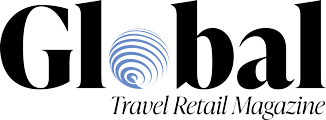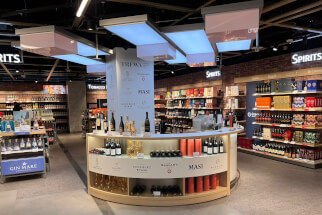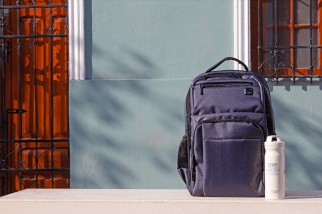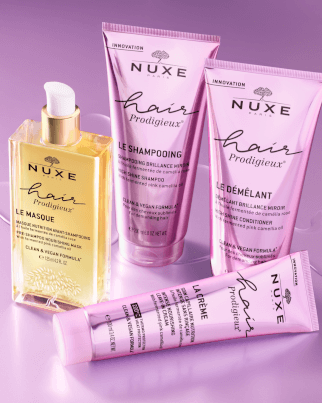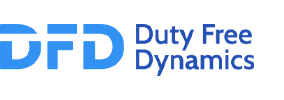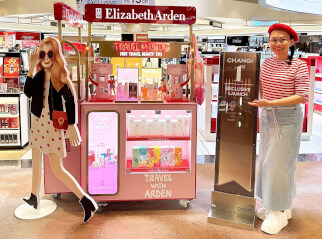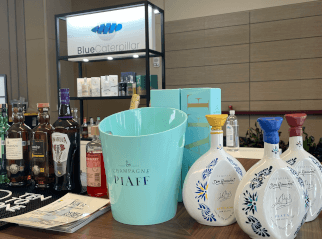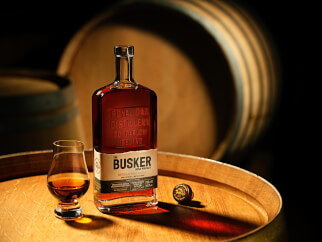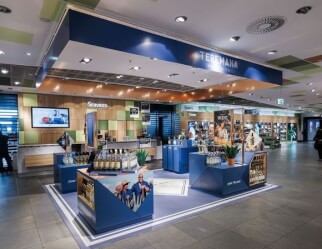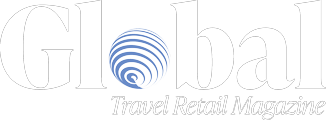IWSR: Innovation in dynamic no-alcohol markets
Over the next few years, no-alcohol volume growth will be shaped by smaller dynamic markets outside Germany and innovative trends such as cross-category brand mobility, “better for you” products and specialist retail channels. That’s according to the drinks analyst IWSR.
IWSR data shows that Germany dominates no-alcohol volumes, but the greatest innovation is found in smaller dynamic markets, such as the US, the UK, France and Australia. These markets all recorded double-digit no-alcohol volume growth in 2020-2021, compared to a flat performance in the German market. All four are also expected to grow in the years ahead.
Key trends are set to shape this dynamic growth in no-alcohol consumption.
Reinventing no-alcohol
In France and Australia, there is a dichotomy between the established, historic no-alcohol category, dominated by inexpensive brands and private-label products, and emergent new-generation products at higher price points.
“In France, there are signs that new-generation no-alcohol spirits are recruiting new consumers and doing so on the products’ own merits,” says Jason Holway, Market Analyst at IWSR.
“Younger legal-drinking aged consumers in particular are choosing primarily new-generation no-alcohol brands not because they lack alcohol, but because of what they represent: quality ingredients, new sensory experiences and good taste.”
In Australia, non-alcoholic “whisky-like” product Claytons was popular in the 1980s – and now this latent trend is re-emerging.
“Demand for non-alcoholic spirits is strong with consumers who want to be part of the social drinking ritual without the alcoholic element,” says Sarah Campbell, Research Director at IWSR.
Cross-category brand mobility
“Successful no-alcohol brands are moving between no-alcohol categories in a way that is not always possible for regular alcohol,” observes Susie Goldspink, head of no- and low-alcohol at IWSR.
She highlights no-alcohol portfolios including Lyre’s – spanning spirits, RTDs and sparkling wine – and US-based Grüvi with its range of no-alcohol beer and wine.
In France, Le Petit Béret uses a patented method to produce “true” no-alcoholic products, in that no alcohol is removed from them because none is created. The brand initially launched wines, before moving into beer.
Le Petit Béret plans to launch no-alcohol spirits including whisky, Bourbon, gin and rum alternatives.
Aperitivo hour
“The rising importance of the aperitivo occasion is driving demand for non-alcoholic substitutes,” says Goldspink. The global spirit & wine aperitif category, for example, grew 23% in 2021, and is expected to grow at a 5% volume CAGR, 2021-2026.
“Taking advantage of the success of the Aperol Spritz, multiple brands have launched no-alcohol versions across both the core spirit and RTD variants.”
In the UK, these products span established brand spin-offs, such as Martini Floreale and Vibrante, Seedlip’s aperitivo sister brand, Aecorn, and specialist aperitif range Everleaf, which has secured retail and on-premise listings.
Meanwhile, in Australia, no-alcohol specialist Lyre’s launched its Italian Spritz variant in 2020, followed by an Amalfi Spritz RTD in mid-2021.
Better for you
No-alcohol products perceived to be ‘better for you’ are innovating through the use of adaptogens, probiotics, antioxidants, nootropics and other natural ingredients.
In the US, hemp and adaptogen-infused beverage marketer Recess launched a limited-edition Zero Proof Margarita – the first time the brand has directly marketed a product as an alternative to alcohol.
Hemp-infused non-alcoholic brand Aplos claims to be a “natural way to unwind, without the negative effects of alcohol”.
In Australia, UpFlow Brewing Co has created rehydrating sports ‘beers’ with added electrolytes for use on hot or active days.
